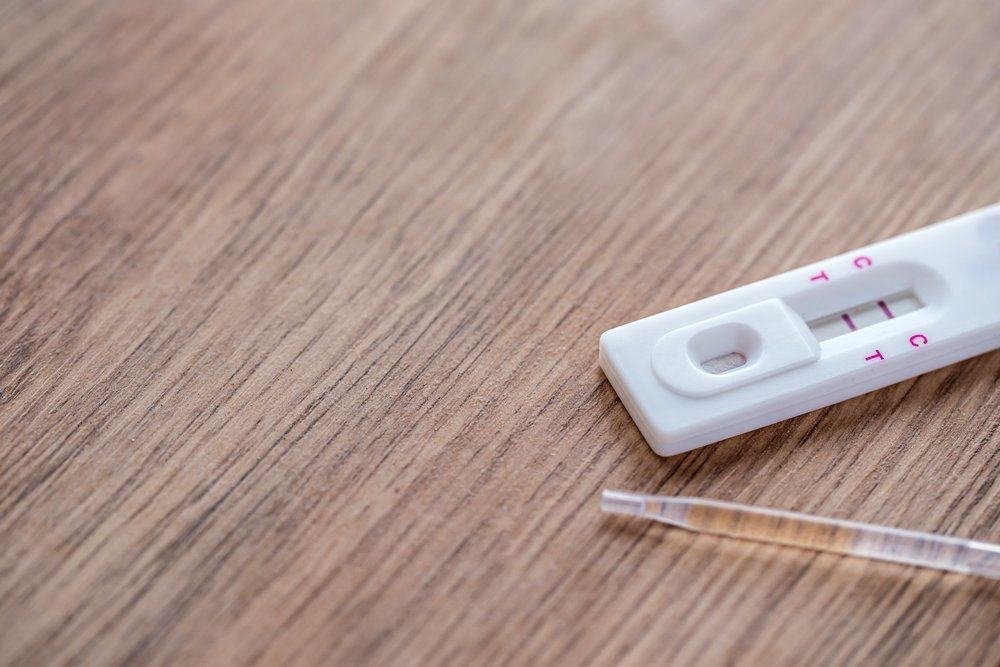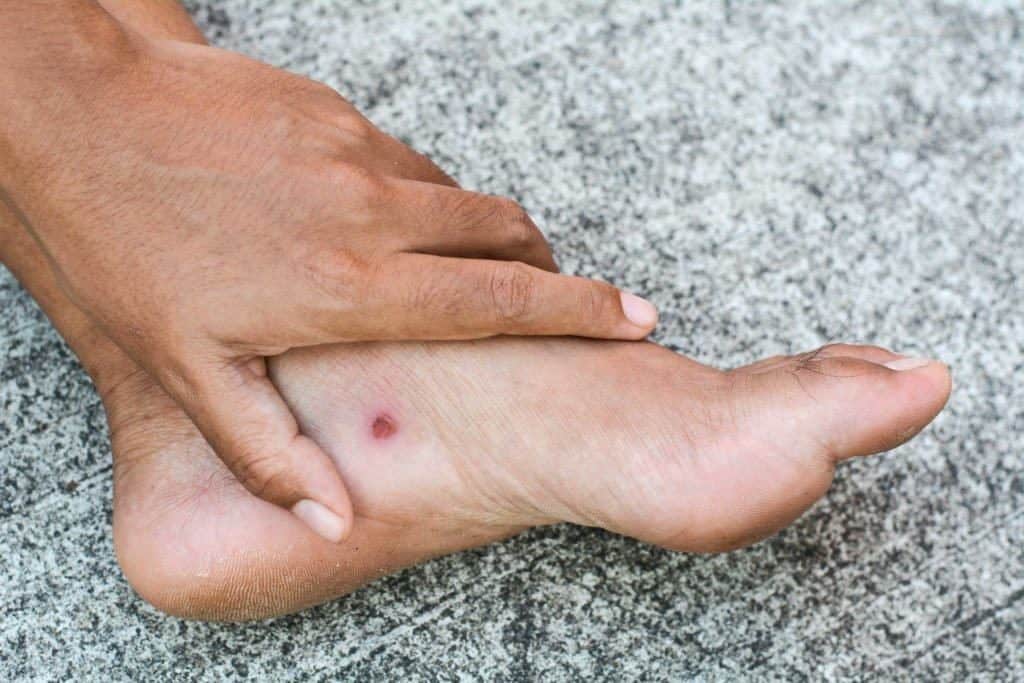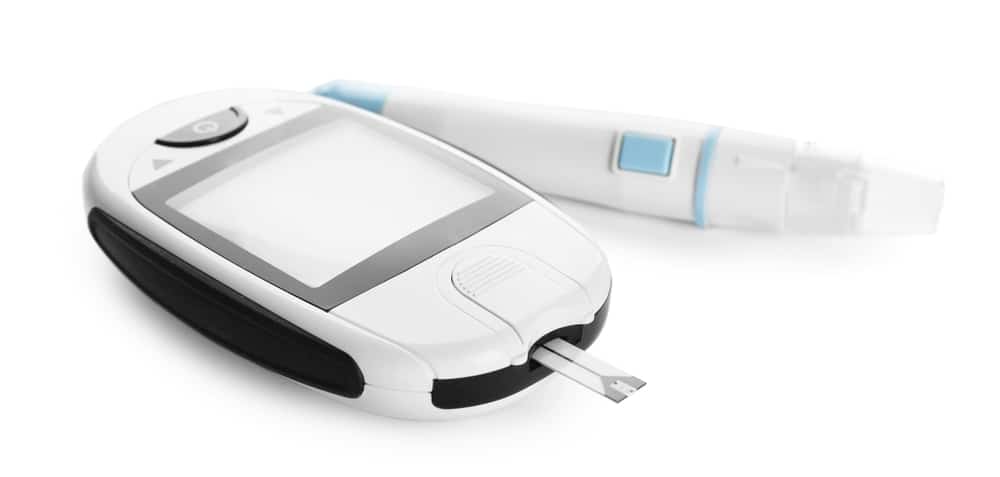Contents:
- Medical Video: HSG test for female infertility
- HSG test preparation
- What is the procedure for HSG testing
- Does this HSG test have side effects and risks?
- What will happen after the HSG test
Medical Video: HSG test for female infertility
If you have difficulty getting pregnant or often have problems during pregnancy, your doctor may advise you to take the test hysterosalpingography or HSG. This procedure allows the doctor to see the structure of your uterus and fallopian tubes through X-rays. HSG is often done to find out the cause of infertility, but this procedure is not limited to women who have fertility problems. If you have just undergone surgery for ligation of the fallopian tube, your doctor may also recommend this examination to determine the success of the surgery.
READ ALSO: How to Check Who Is Infertile: Husband or Wife?
HSG test preparation
Some women say that this test causes pain, so the doctor may prescribe painkillers for you. You can take this medicine about one hour before the scheduled procedure. Your doctor may also prescribe tranquilizers for you so you don't get tense during the procedure. After the procedure, you may also get antibiotics that are useful to prevent infection.
HSG procedures are usually scheduled several days to several weeks after you have menstruated. This is done to ensure that you are not pregnant, and to reduce the risk of infection. You should tell your doctor if you are likely to be pregnant because this test is harmful to your fetus. You are also not advised to do this test if you are experiencing pelvic inflammatory disease (PID) or bleeding from the vagina that can not know the cause.
READ ALSO: Signs Men May Not Fertile
What is the procedure for HSG testing
The HSG test uses the help of x-rays and contrast substances. Contrast substances are substances that are used to color certain cavities in the body so that they can be seen more clearly when photographed with X-rays. These substances will be removed from the body through urine. You should notify your doctor if you have a history of allergies to barium or other contrast substances.
When performing the procedure, you will be asked to remove all accessories on your body because it can interfere with the work of the machine. You will be asked to change hospital clothes and lie on the bed with both legs bent and legs open - as if the doctor wants to do an examination on you. The operator will then insert a speculum or duck duck into the vagina so that your cervix can be seen. You might feel a little uncomfortable at this stage.
Next, the operator will clean the part of your cervix and maybe inject local anesthesia to reduce discomfort. A tool named cannula then it will be inserted into your cervix and the speculum will be released. The last contrast agent will be inserted through cannula, then this contrast will flow to your uterus and fallopian tubes.
You will be positioned under the X-ray machine, and the operator will take pictures several times in different positions. You may feel cramps and pain when contrast substances enter your fallopian tubes. After the image taken is considered sufficient by the operator, cannula will be released and you may be given a prescription for pain relievers or antibiotics to prevent infection.
READ ALSO: Has Abortion Ever Made Women Infertile?
Does this HSG test have side effects and risks?
Complications from HSG procedures are very rare. Some risks that can occur include:
- Allergic reaction to contrast substances
- Endometrial or fallopian tube infections
- Uterine injury (uterus), like perforation
What will happen after the HSG test
You may feel cramped as if you were menstruating. You can also experience a little bleeding from your vagina. During this time, you are recommended to use sanitary napkins. Some women claim to experience dizziness and nausea after the procedure is done. These are normal side effects and can disappear on their own, but you need to contact your doctor if you experience the following symptoms:
- Fever
- Pain and cramps are very great
- A discharge from the vagina that smells
- Fainted
- Severe bleeding from the vagina
- Gag
After undergoing the procedure, you will be asked to see your doctor again to find out the results and plan the next action or step.
READ ALSO: How to find out if you are in fertility












